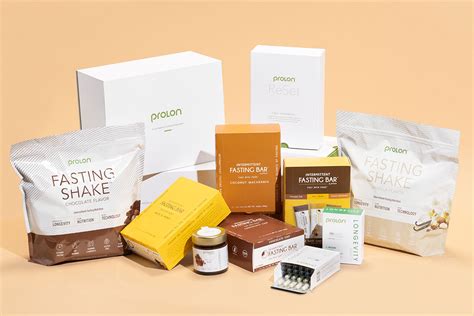The intersection of technology and nutrition has given rise to a new era in the health and wellness industry. Nutra tech, a term coined to describe this fusion, is revolutionizing the way we approach nutrition, making it more personalized, accessible, and effective. The impact of nutra tech is being felt across various aspects of the nutrition industry, from product development to consumer engagement.
The traditional approach to nutrition has been largely generic, with a one-size-fits-all mentality. However, with the advent of nutra tech, the industry is shifting towards a more personalized approach. Advanced technologies such as artificial intelligence (AI), machine learning (ML), and data analytics are being leveraged to create tailored nutrition plans that cater to an individual's unique needs, preferences, and health goals.

How Nutra Tech is Revolutionizing Nutrition
Nutra tech is not just about creating personalized nutrition plans; it's also about making nutrition more accessible and convenient. With the rise of e-commerce and mobile apps, consumers can now purchase nutrition products and access nutrition advice from the comfort of their own homes. Moreover, nutra tech has enabled the creation of innovative products such as nutrition supplements, functional foods, and beverages that cater to specific health needs.
The Role of AI and ML in Nutra Tech
Artificial intelligence and machine learning play a crucial role in nutra tech, enabling the analysis of vast amounts of data to create personalized nutrition plans. AI-powered algorithms can process data from various sources, including genetic testing, health metrics, and dietary preferences, to provide tailored recommendations.

Moreover, ML algorithms can analyze consumer behavior, preferences, and purchasing patterns to predict future trends and identify opportunities for innovation. This enables nutra tech companies to develop products and services that meet the evolving needs of consumers.
The Benefits of Nutra Tech
The benefits of nutra tech are numerous, ranging from improved health outcomes to increased convenience and accessibility. Some of the key benefits include:
- Personalized nutrition plans that cater to individual needs and health goals
- Increased accessibility to nutrition advice and products through e-commerce and mobile apps
- Innovative products that cater to specific health needs, such as nutrition supplements and functional foods
- Improved health outcomes through data-driven decision making
- Enhanced consumer engagement and experience through AI-powered chatbots and personalized recommendations

The Future of Nutra Tech
The future of nutra tech is promising, with advancements in technology and increasing consumer demand driving innovation. Some of the trends that are expected to shape the future of nutra tech include:
- Increased adoption of AI and ML in nutrition planning and product development
- Growing demand for personalized nutrition and wellness services
- Rise of e-commerce and mobile apps in the nutrition industry
- Increased focus on sustainability and environmental impact in nutrition product development
- Integration of nutra tech with other health and wellness technologies, such as wearables and telemedicine

Conclusion
Nutra tech is revolutionizing the nutrition industry, making it more personalized, accessible, and effective. With the help of advanced technologies such as AI and ML, nutra tech companies are creating innovative products and services that cater to individual needs and health goals. As the industry continues to evolve, we can expect to see increased adoption of nutra tech, improved health outcomes, and enhanced consumer engagement.






What is nutra tech?
+Nutra tech is the intersection of technology and nutrition, enabling the creation of personalized nutrition plans and innovative products.
How does AI and ML impact nutra tech?
+AI and ML enable the analysis of vast amounts of data to create personalized nutrition plans and predict future trends.
What are the benefits of nutra tech?
+The benefits of nutra tech include personalized nutrition plans, increased accessibility, innovative products, and improved health outcomes.
